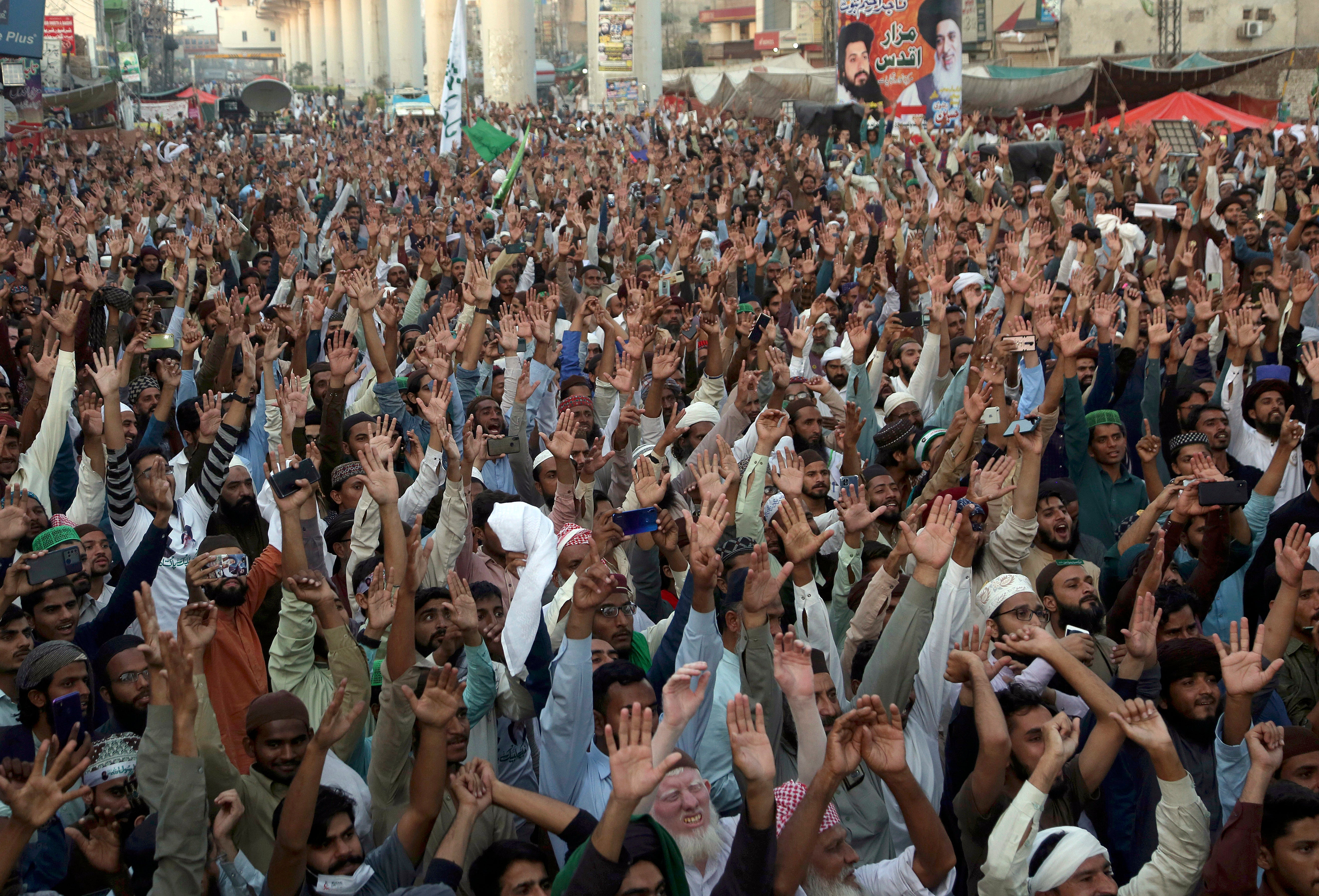UN experts to Pakistan: Release man charged with blasphemy
Human rights experts working with the United Nations have asked Pakistan to quickly release a Christian man who was detained two years ago on alleged blasphemy charges

United Nations human rights experts urged Pakistan on Thursday to release a Christian man who was detained two years ago for insulting Islam s Prophet Muhammad and is believed to be mentally ill.
Stephen Masih, who was arrested in March 2019, has yet to face trial, the experts said. He is a Pakistani jailed in Sialkot, a city in the eastern Punjab province where he lived. Masih's family has denied the blasphemy charge and said he was mentally ill.
The U.N. experts also said they were concerned about the lack of medical care he has received. They said medical reviews to assess Masih's mental health and fitness to stand trial have been “repeatedly delayed,” and that Masih was being kept with Muslim prisoners in a jail cell, putting him in danger.
In Thursday's statement, the U.N. experts said they were “seriously concerned by the persecution and ongoing detention of Mr. Masih on blasphemy grounds, and by his treatment at the hands of the judicial and prison authorities who are aware of his psychosocial disability and health condition."
Pakistan has been under pressure over the country’s blasphemy laws. Rights groups say that blasphemy allegations have often been used to intimidate religious minorities and settle personal scores.
Thursday's demand comes as thousands of Islamists are rallying in the eastern city of Lahore in another case, demanding the release of Saad Rizvi, the leader of a radical Islamist political party who was arrested in April amid protest against France over depictions of Islam’s Prophet Muhammad. Police in Lahore were preparing for a crackdown Thursday night to disperse Rizvi's supporters, who had warned that they will march toward Islamabad on Friday if Rizvi is not freed under a recent court order.
Authorities say they already challenged the court order about Rizvi's release and Rizvi's supporters should wait for a final court order. Rizvi's party in recent years has held violent rallies in support of blasphemy laws.
In Masih's case, the U.N. experts urged Pakistan to drop charges against him and ensure protection for the man and his family. They said Masih was arrested following an argument with one of his neighbors in Sialkot where he was attacked by a group of Muslims who accused him of committing blasphemy.
Masih's family home was also set on fire.
A court rejected Masih's request for the bail in August. Another court will hear Masih's bail application on Friday.
The U.N. experts urged Pakistan to “comply with its international human rights obligations,” to repeal its anti-blasphemy laws and to "take measures to combat the advocacy of religious hatred that constitutes incitement to discrimination and violence.”
A Punjab governor in Islamabad was shot and killed by his own guard in 2011, after he defended a Christian woman, Aasia Bibi, who was accused of blasphemy. She was acquitted after spending eight years on death row and left Pakistan for Canada to join her family after receiving threats.
Bookmark popover
Removed from bookmarks